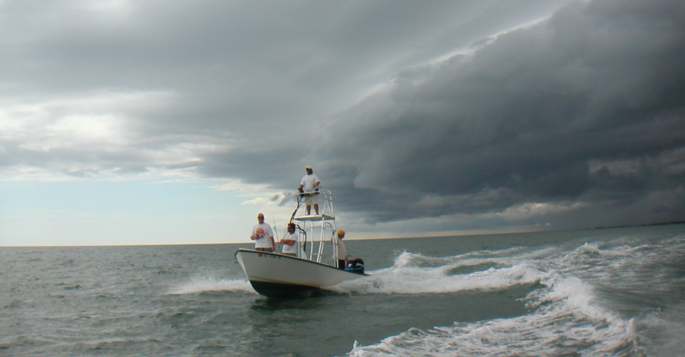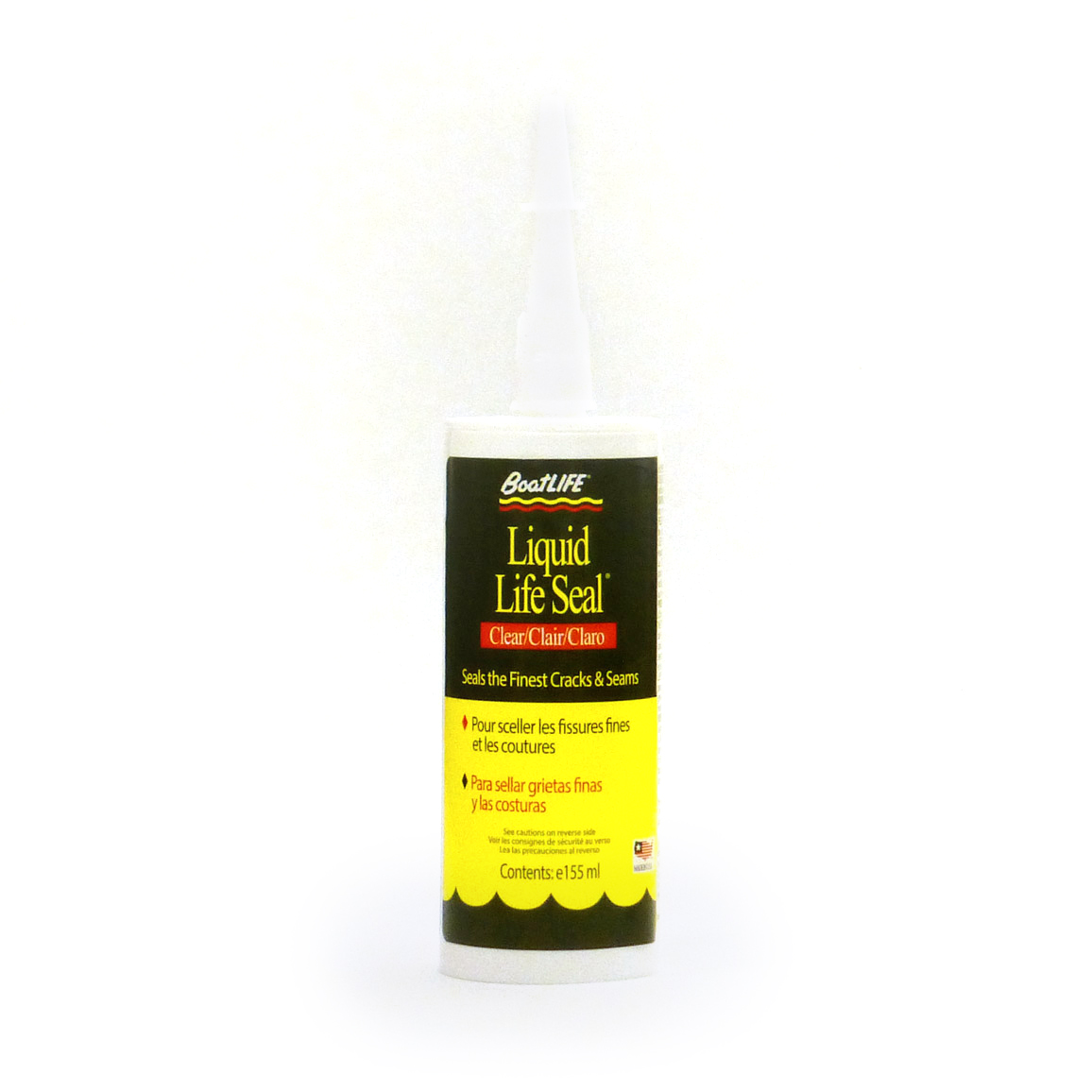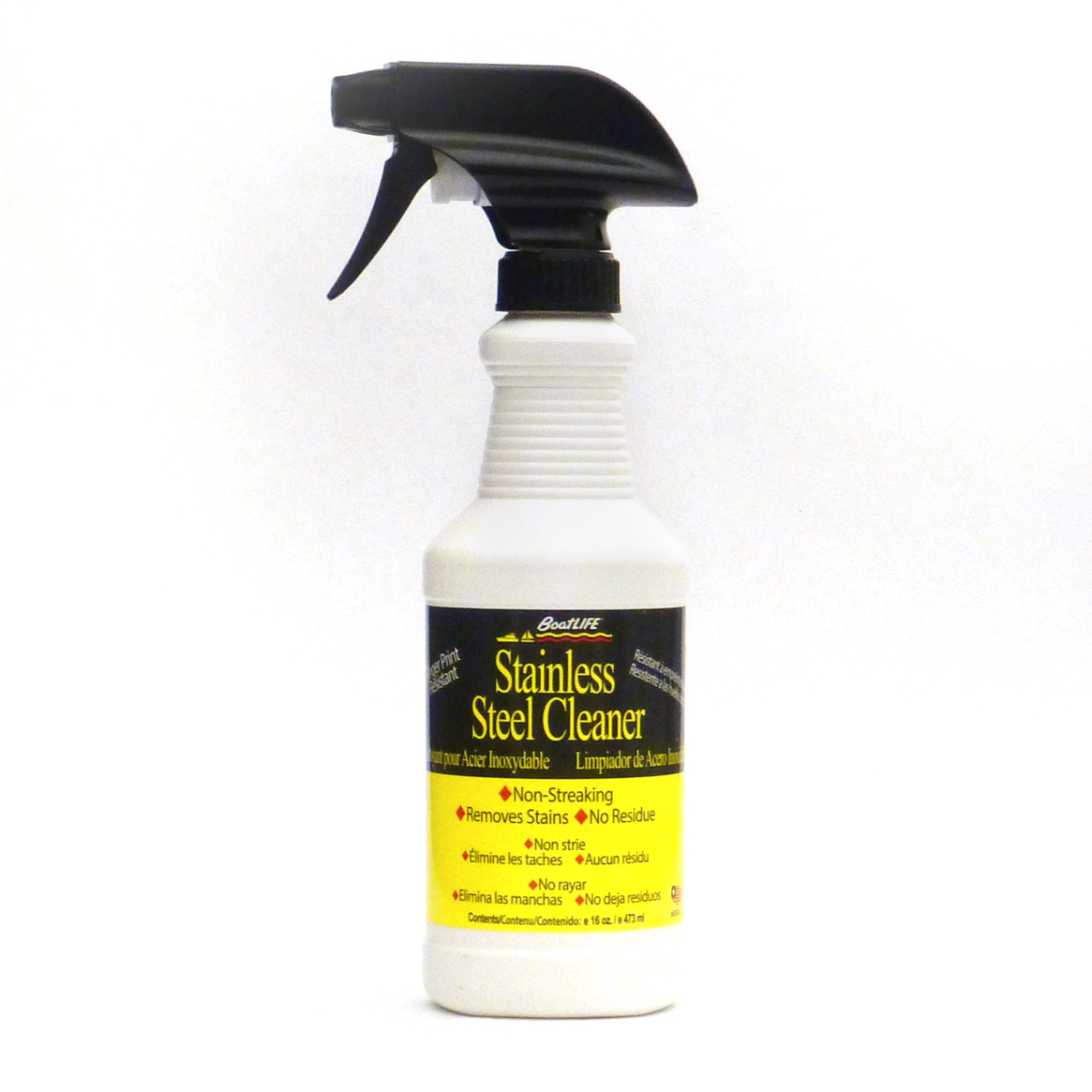
On the surface, a bout of bad weather might seem
like nothing else than a damper on your enjoyable afternoon of good boating and
good company. But when you’re at the mercy of the water, bad weather is much
more than a threat to your good time: it’s a legitimate worry that can
sometimes threaten your life if you’re not careful.
Anyone who boats regularly needs to know not only
how to avoid bad weather, but how to handle it when it arrives. But if you tackle
the following checklist, you’ll not only be ready to avoid the bad weather,
you’ll know what to do if you do one
day get stuck:
Keep an
NOAA Weather Radio handy.
- Secure a hand-crank NOOA weather radio. An NOAA
radio allows you to tune in directly to the local weather forecast around the
clock. Why hand-crank? So you don’t get stuck with a low charge thanks to a bad
battery. - Make sure your radio is waterproof. You can
choose a radio of your choice in a watertight container when you’re not using
it…but look for water-resistant radios when you can find them. This Epica Radio includes
waterproof rubberized housing and includes both solar charging and a hand
crank. - Turn on your weather radio every time you prepare to
disembark. Make this a habit; not only will the radio give you
something to listen to, but it will inform you about hazardous weather at the
most critical time: before you head
out on the open water.
Learn the familiar
symptoms of bad weather.
- Observe the morning and evening sky. The old
phrase “red sky at night, sailor’s delight; red sky at morning, sailor take
warning.” Why is this so predictive? Because high-pressure systems can
sometimes stir dust particles and create redness; as weather often moves west
to east, a red sky at night suggests a high pressure system approaching and a
red sky in the morning means the high-pressure system is leaving. This is a
“rule of thumb,” but don’t expect it to be predictive in every case; always
listen to your radio. - Know your clouds. Low, fast-moving clouds
usually signify rain, particularly if they’re dark. High clouds tend to suggest
fair weather—but keep in mind that clouds are far more temporary than they
appear. Pay attention to the cloud formations from where most weather generally
approaches your area; this is often west to east.
Getting
Stuck in Bad Weather
- Do a “bad weather” drill. The Gulf
Coast Fisherman has an excellent guide for riding out bad weather if you get stuck. Practice bad
weather techniques when the weather is fair. - Keep your boat sealed and leak-free. Make sure
to browse our sealing products so that even if your boat is caught in rough weather, your
boat will be adequately prepared to handle it with the least possible amount of
damage.
You can’t always guarantee that bad weather won’t sneak up on
you, but if you follow this checklist, you’ll have a head start—and sometimes,
that makes all the difference.



